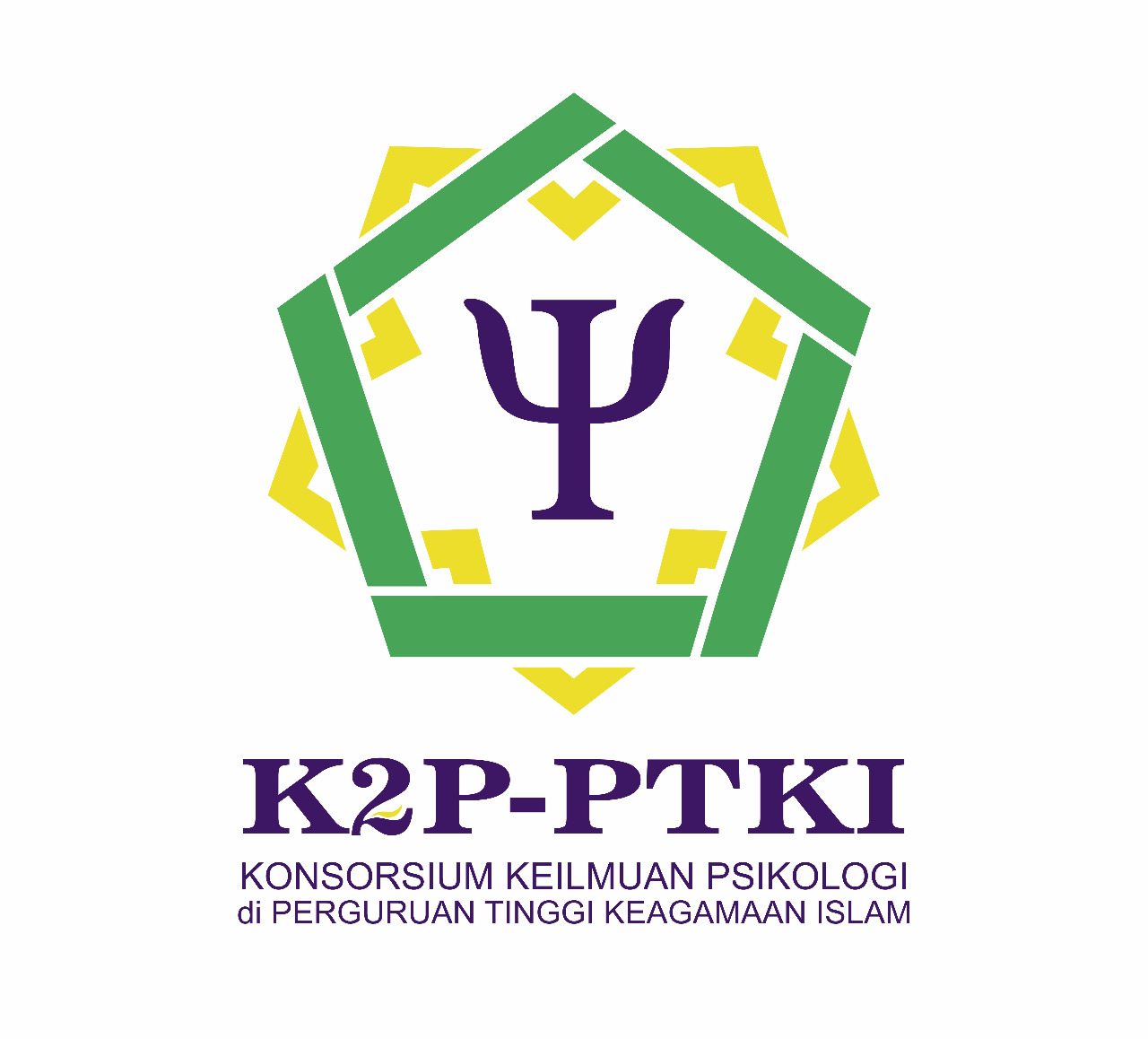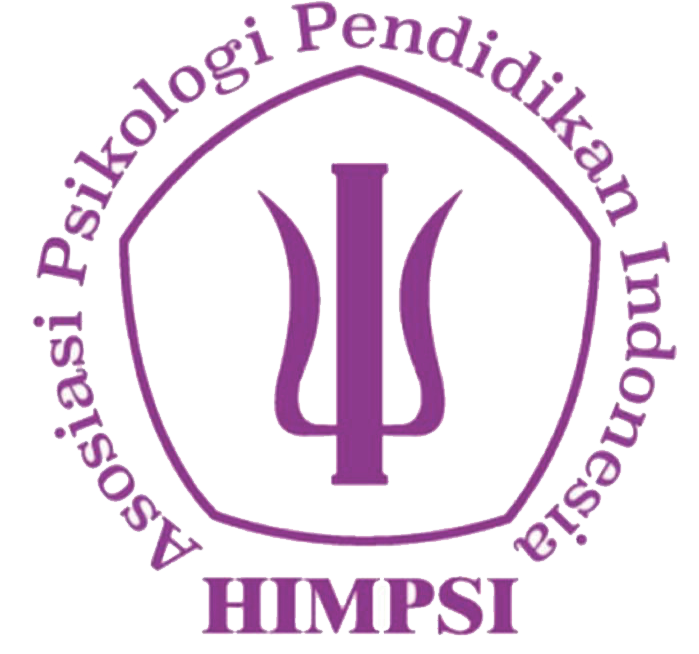Studi fenomenologi subjective well-being pada pekerja perempuan
Abstract
Abstract: This study aims to look at subjective well-being images of female workers at the Amahami City Bima Office and the factors that influence subjective well-being in female workers at the Amahami Market office in Bima City. This research was conducted in the city of Bima for women workers who were married in the age range of 22-45 years who had formal working hours and had worked at least 4 years with a total of 6 research subjects. This study uses qualitative methods with a phenomenological approach. Data analysis techniques are used using interviews. Data analysis method in this study with content analysis method. The sampling technique in this study uses purposive sampling. The results of the study found that the subjective well-being picture of female workers in the Amahami market was fulfilled because the expressions of all subjects related to the subjective well-being component emerged. The perceived life satisfaction such as the needs of living with family is fulfilled, grateful to have a job. The affective component that emerges is to enjoy future oriented activitie / interest, happy with friend / excited, self acceptence, attentive to the hub and work, full of determination to work, worried about the child, and limited time with famil. Researchers also found factors that influence subjective well-being in female workers at Amahami city Bima City are Good Relationship with Co-Workers, Husband Support, Optimism, Family Support, Support from Supperiors, Workload, and Full Day Work. Even though there is a negative affect that is felt by the subject, the subject is still able to accept the situation with the feeling of self-acceptance arising from the subject's expression.
Keywords: subjective well-being; worker; woman
Abstrak: Penelitian ini bertujuan untuk melihat gambaran subjective well-being pada pekerja perempuan di kantor Pasar Amahami Kota Bima dan faktor-faktor yang mempengaruhi subjective well-being pada pekerja perempuan di kantor Pasar Amahami Kota Bima. Penelitian ini dilakukan di Kota Bima pada pekerja perempuan yang sudah menikah dengan rentang usia 22-45 tahun yang memiliki waktu jam kerja formal serta sudah bekerja minimal 4 tahun dengan jumlah subjek penelitian berjumlah 6 orang. Penelitian ini menggunakan metode kualitatif dengan pendekatan fenomenologi. Tenik analisis data digunakan menggunakan wawancara. Metode analisis data pada penelitian ini dengan metode analisis isi. Teknik sampling pada penelitian ini menggunakan purposive sampling. Hasil penelitian ditemukan bahwa gambaran subjective well-being pekerja perempuan di kantor Pasar Amahami ini tercukupi karena ungkapan dari keseluruhan subjek terkait komponen subjective well-being muncul. Adapun kepuasan hidup yang dirasakan seperti kebutuhan hidup bersama keluarga terpenuhi, bersyukur sudah memiliki pekerjaan. Komponen afektif yang muncul adalah enjoy future oriented activitie/ interest, happy with friend/excited, self acceptence, attentive to the huband’s work, full of determination to work, worried about the child, dan limited time with famil. Peneliti juga menemukan faktor-faktor yang mempengaruhi subjective well-being pada pekerja perempuan di kantor pasar Amahami Kota Bima adalah Good Relationship with Co-Workers, Husband Support, Optimism, Family Support, Support from Supperiors, Workload, dan Full Day Work. Walaupun afek ada afek negatif yang dirasakan subjek, namun subjek tetap mampu menerima keadaanya dengan adanya perasaan penerimaan diri yang muncul dari ungkapan subjek.
Kata Kunci: pekerja; perempuan; subjective well-being
Keywords
Full Text:
PDF (Bahasa Indonesia)References
Apollo, & Cahyadi, A. (2012). Konflik peran ganda perempuan menikah yang bekerja ditinjau dari dukungan sosial keluarga dan penyesuaian diri. Widya Warta, 02(I), 254–271.
Bericat, E. (2016). The subjective well-being of working women in europe. The Quality of European Societies, 633–651. https://doi.org/10.1007/978-94-017-9897-6_35
Carr, A. (2011). Positive psychology: The science of happiness and human strengths. In Positive Psychology: The Science of Happiness and Human Strengths. https://doi.org/10.4324/9780203156629
Diener, E. (2009). Subjective well-being. Psychological Bulletin, 95(3), 542–575. https://doi.org/10.1037/0033-2909.95.3.542
Headey, B., & Wooden, M. (2004). The effects of wealth and markets on rubber tapper use and knowledge of forest resources in Acre. Discussion Paper, 1032.
Kozaryn, A. O., & Valente, R. d. R. (2017). Life satisfaction of career women and housewives. Applied Research in Quality of Life, 13(3), 603–632. https://doi.org/10.1007/s11482-017-9547-2
Kuykendall, L., & Tay, L. (2015k). Employee subjective well-being and physiological functioning: An integrative model. Health Psychology Open, 2(1). https://doi.org/10.1177/2055102915592090
Moleong, L. J. (2009). Metodologi penelitian kualitatif. PT Remaja Rosdakarya.
Munandar, A. S. (2008). Psikologi industri dan organisasi. UI-Press.
Munoz, A. R., & Vergel, A. I. S. (2013). Happiness and well-being at work: A special issue introduction. Journal of Work and Organizational Psychology, 29, 95–97.
Pal, I. (2016). Patterns in women’s subjective well-being by work and family status –an empirical complement to the “having it all.
Poerwandari, K. (2013). Pendekatan kualitatif untuk perilaku manusia.
Sugiyono. (2011). Metode penelitian kontribusi (mixed methods). Alfabeta.
Veenhoven, R. (2006). How do we assess how happy we are? Tenets, implications, and tenability of three theories. In New Directions in the Study of Happiness: United States and International Perspectives, October (pp. 45–69).
Yang, K., & Miller, G. (2008). Handbook of research methods in public administration. CRS Press.
DOI: https://doi.org/10.18860/psikoislamika.v19i1.15297

This work is licensed under a Creative Commons Attribution-NonCommercial-ShareAlike 4.0 International License.
Indexing By:
------------------------------------------------------------------------------------------

PSIKOISLAMIKA: Jurnal Psikologi dan Psikologi Islam by http://ejournal.uin-malang.ac.id/index.php/psiko is licensed under a Creative Commons Attribution-NonCommercial-ShareAlike 4.0 International License.


.jpg)











_(2)1.png)